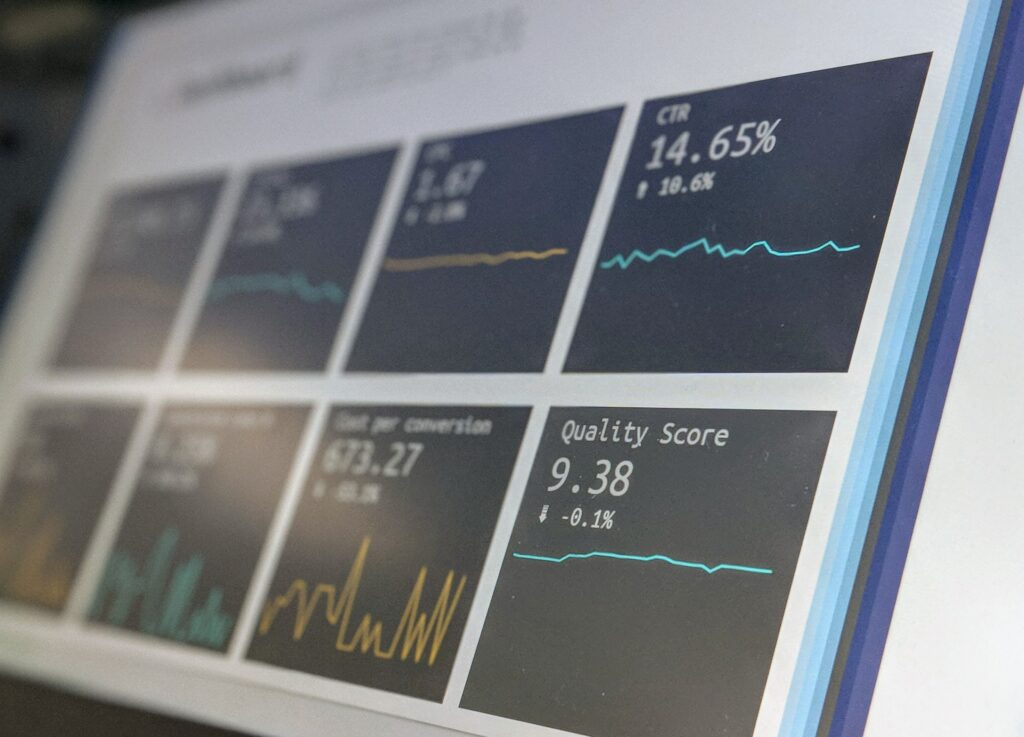Government agencies seeking to modernize operations while improving their efficiency and accuracy need technological advancements like machine learning (ML) to establish themselves with the wider public. With its powerful data processing capabilities, image classification, and detection capabilities, machine learning provides captivating opportunities for governments at all levels looking to automate repetitive and intensive processes.
With artificial intelligence solutions in government expected to rise as much as 33% by 2024, the exciting prospect of machine learning in government operations should see an increase in digital transformation at local, state, and federal levels. Here are four prominent machine learning use cases for government operations and the benefits these use cases can generate.
Fraud Detection

Machine learning for government fraud is an increasingly reliable use case to detect any financial improprieties or budgeting oversights.
Increasingly, machine learning has been used to optimize financial management and eradicate any outliers and abnormalities that can be used to improve the precision of budget audits and organizational activities. With machine learning tools, government agencies can cut unnecessary spending and speed up contracting processes to keep track of where money is going or coming from.
With machine learning at the core of operations, ML tools pinpoint any deviations from regular activity, collecting data from various sources and processes in live time to establish normal patterns while alerting administrators of any unusual happenings. Considering how costly and prevalent government fraud is, having machine learning to keep things in check provides unprecedented control for agencies and departments.
Image Detection and Classification
Machine learning tools are also known for their image identification and classification capabilities, helping government entities to identify criminals and criminal activity. As recognition software continues to evolve, including the refinement of facial recognition software, governments can use machine learning to spot wanted criminals in public.
The Census Bureau’s analysts and researchers use large amounts of data to predict survey response levels and estimate populations by using satellite imagery. In the future, governments can use machine learning tools to recognize and report suspicious objects in videos or photos.
Data Management

Machine learning algorithms learn from data and concentrate rules from it, subsequently applying learned insight to assess new data and use their insights to solve several distinct problems like classification or clustering.
Government builds more seamless and engaging data processing models using machine learning tools, consistently extracting information from highly dimensional and unstructured data to unlock the true value of data. By doing so, machine learning frees up high-value work while eradicating the monotony of repetitive processes, much of which includes data entry or documentation. Business productivity improves by 54% when using machine learning to automate tasks and improve data flow, allowing governments to spend more time on labor-intensive tasks.
Making Policies Based on Machine Learning Use Cases
Thanks to the improvement of data flows and processes with machine learning tools, government entities can optimize their policy-making capabilities. Machine learning enhances decision-making processes while generating information from the public, including analyzing social trends to influence and inform public policies.
Machine learning also supports city planning at the local level by analyzing traffic flows and road conditions. With machine learning, government entities can enact laws that people can relate to and get benefits from while gaining newfound control over lawmaking and establishing greater public trust.
TechSur Solutions solves your problems with technology to automate your simplest and most technical tasks through machine learning tools. Learn more about our AI solutions and how we take adaptive machine learning a step further to help governments generate enticing opportunities while capitalizing on the benefits of digital transformation.

